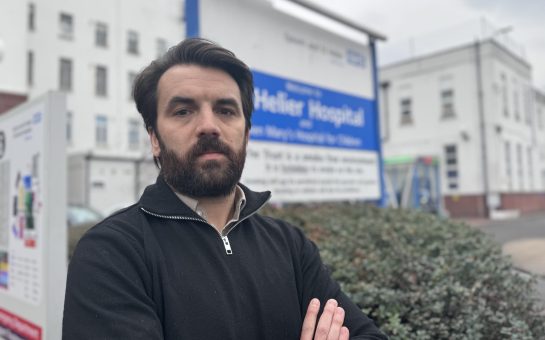A £5 million scheme to pay doctors for identifying patients with dementia has been condemned as ‘distorted’ by the Patients Association.
The six-month scheme, launched by NHS England, plans to pay GP’s £55 per patient to increase national diagnosis rates of 48%.
Merton currently has a diagnosis rate of 47%, not far below the national average but poor compared to the best performing area Corby which as a rate of 75%.
The controversial new scheme has received mixed reactions since it was announced by NHS England Chief Executive Simon Stevens and the Patients Association has branded it a ‘distortion of good medical practice’.
Katherine Murphy, Chief Executive of the Patients Association, said: “We know GPs receive incentive payments to find all sorts of conditions, such a high cholesterol, raised blood pressure and diabetes – but this seems a step too far.
“It is putting a bounty on the head of certain patients.”
“This seems a step too far, it is putting a bounty on the head of certain patients.”
Dementia affects more than 800,000 Britons and this is expected to rise to one million by 2025.
However fewer than half the number of people in the UK who are estimated to have the condition have been formally diagnosed and this is evident in Merton.
Data published in the ‘State of the Nation’ report released by the Department of Health showed the low rate of formal diagnosis for people with dementia.
It revealed that the diagnosis rate for the NHS Merton Clinical Commissioning Group area is just 47.03%.
Dementia is a term used to describe symptoms including memory loss, confusion and mood changes and is caused when the brain is damaged by diseases such as Alzheimer’s, which is the most common cause.
Early diagnosis is essential to ensure sufferers can receive the necessary treatment, but identifying the condition can be difficult especially in the initial stages.
The new payment initiative, which is optional, is a bid to identify two thirds of people with dementia by April 2015.
Picture courtesy of Tim Hamilton, with thanks




